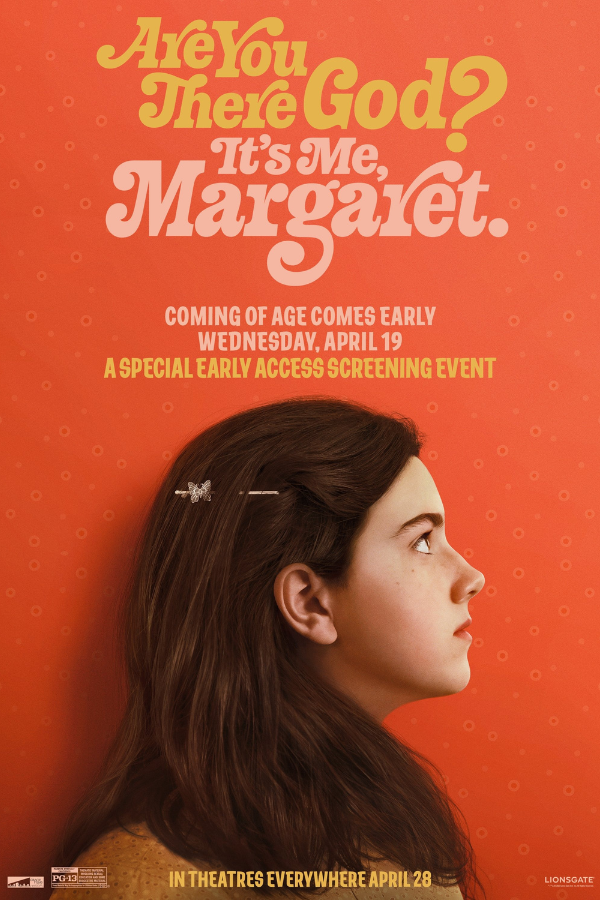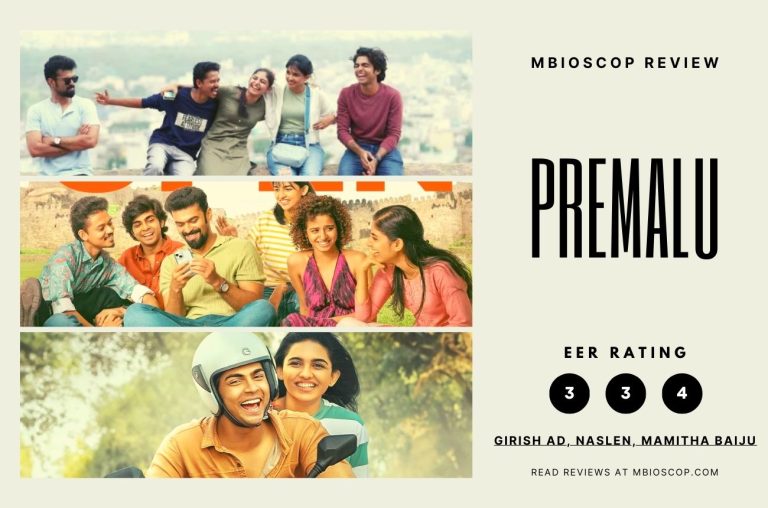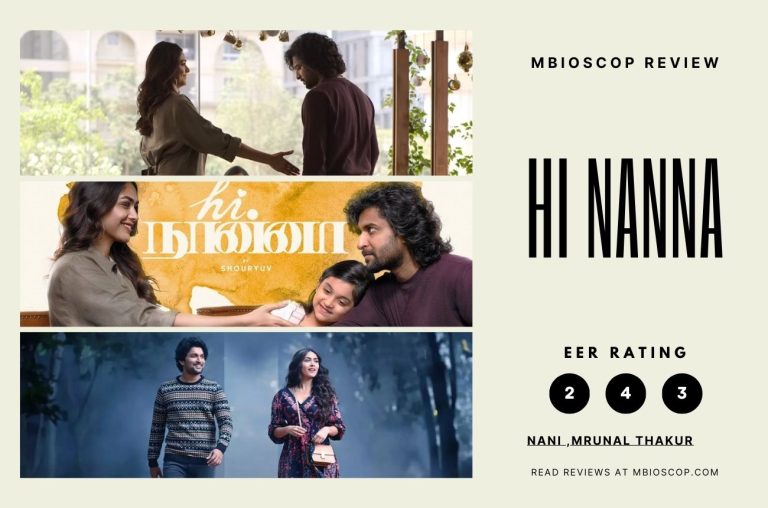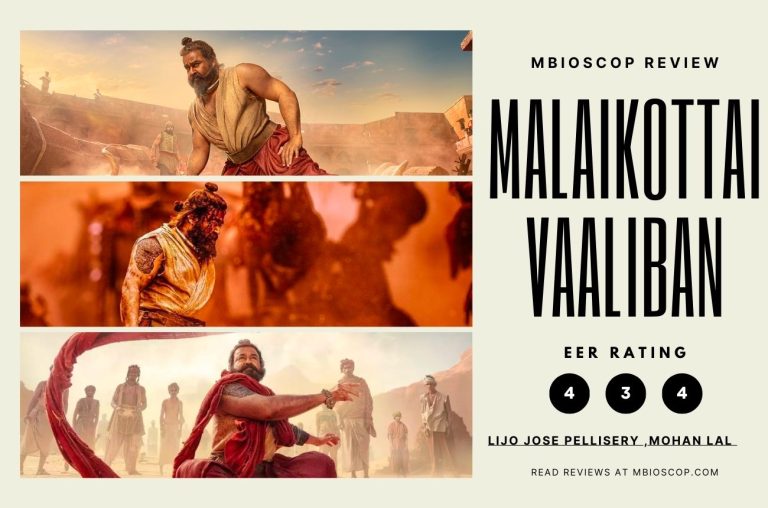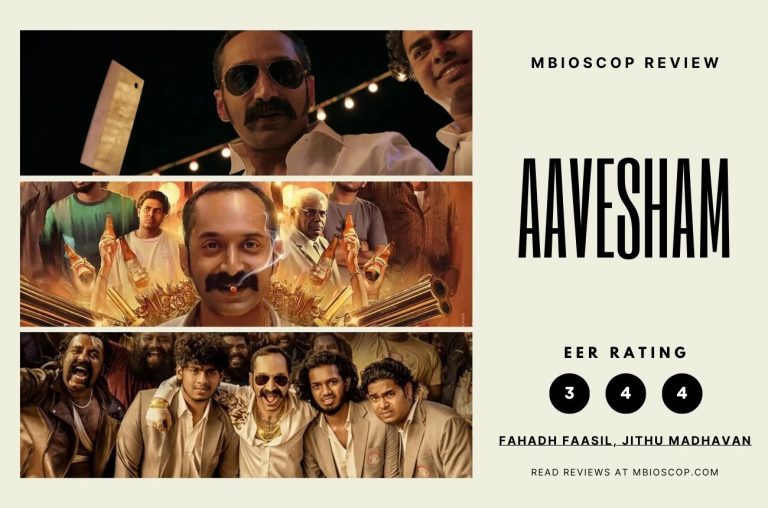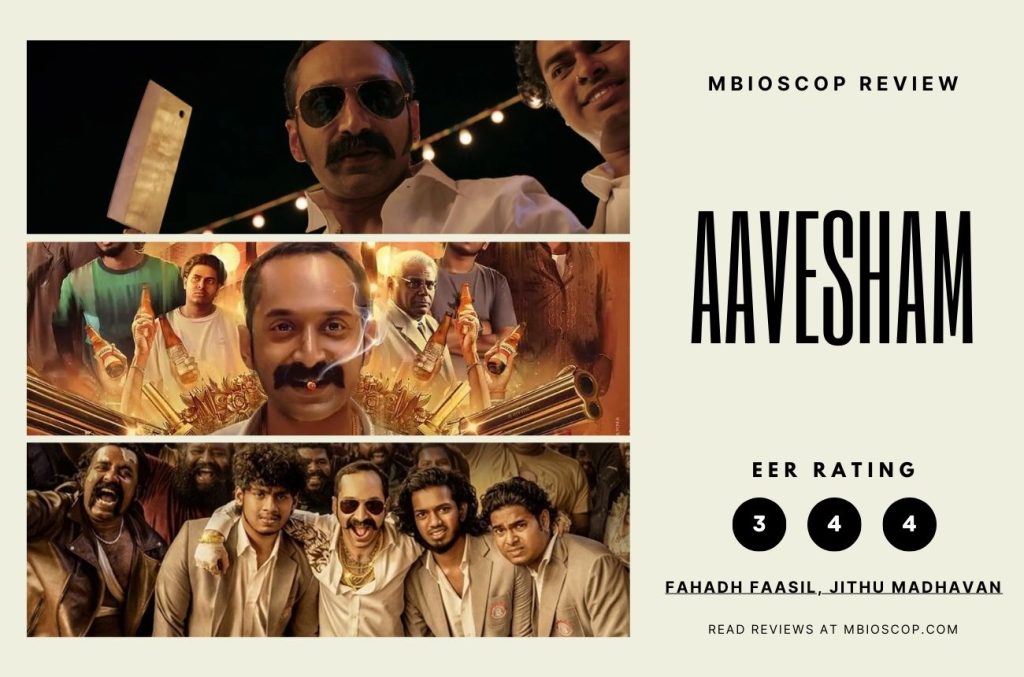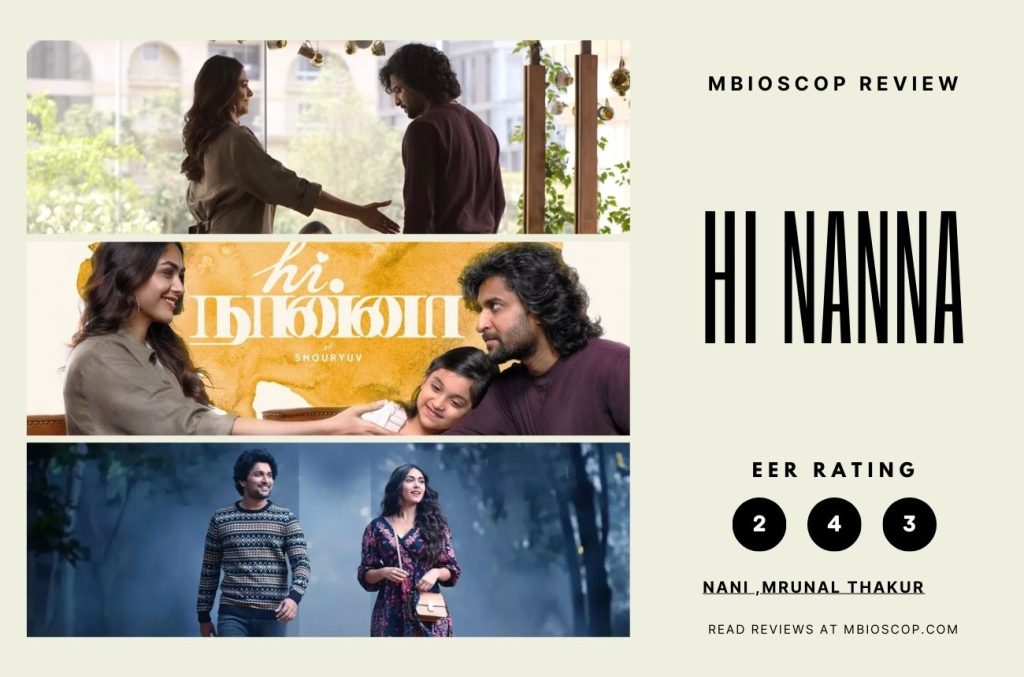Eleven-year-old Margaret Simon (Abby Ryder Fortson) finds herself on the brink of upheaval when her parents, Barbara (Rachel McAdams) and Herb (Benny Safdie), drop the bombshell that they are relocating to New Jersey. The prospect of leaving her school, along with her beloved grandmother Sylvia (Kathy Bates), sends Margaret into a state of horror.
The move, however, unfolds unexpected facets of life for Margaret once the Simons settle in New Jersey. The picturesque countryside holds a charm that gradually eases Margaret’s apprehensions. Her neighbor and newfound friend, Nancy (Elle Graham), becomes her guide, welcoming Margaret into a clandestine world— a secret club comprising Nancy’s closest companions, Janie (Amari Alexis Price) and Gretchen (Katherine Kupferer).
Within the confines of this secret society, the girls delve into conversations ranging from boys and bras to the mysteries of adolescence, including the charismatic Philip Leroy (Zackary Brooks) and the rebellious Laura Danker (Isol Young). As Margaret grapples with the inevitable changes, she becomes acutely aware of her perceived lag in development compared to her peers, leading her to impassioned dialogues with a higher power, pleading for a sense of normalcy.
The narrative takes an intriguing turn when Mr. Benedict (Echo Kellum), Margaret’s new teacher, prompts the students to introspect and write about themselves. Margaret’s declaration of disdain for religious holidays catches his attention. She reveals her parents’ unconventional decision— her Christian mother and Jewish father choosing not to celebrate religious holidays and granting Margaret the freedom to choose her faith in the future. Despite this autonomy, interference arises from Sylvia and Barbara’s estranged parents, Mary (Mia Dillon) and Paul (Gary Houston).
The film, anchored by stellar performances from Fortson, McAdams, and Bates, stands as a testament to the rare achievement of a flawless adaptation of a cherished literary work. The attention to period details and the carefully curated musical selections contribute to the film’s allure. Despite being set in 1970, mirroring the year Judy Blume’s influential book was published, “Are You There God? It’s Me, Margaret.” resonates as timeless. In the words of author Jason Reynolds, the timeliness of Blume’s works transcends their era, rendering them eternal in their relevance.
The central theme of navigating the tumultuous waters of adolescence remains unchanged across temporal and spatial boundaries. Margaret’s journey through the exhilarating yet daunting realm of heartache and hormones becomes a universal narrative, garnering cheers of encouragement from viewers who recognize echoes of their own personal dilemmas and growth within Margaret’s story. In this cinematic rendition, “Are You There God? It’s Me, Margaret.” not only captures the essence of a specific era but taps into the perennial essence of coming-of-age experiences, making it a timeless and relatable exploration of youth.


